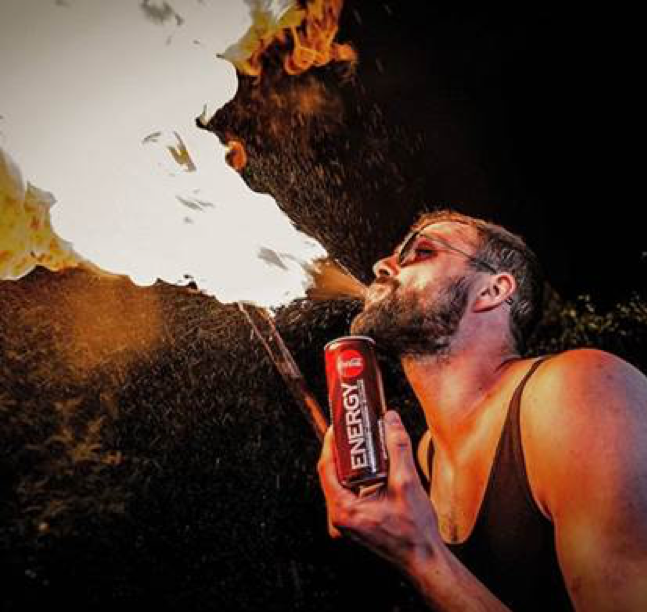I flew back from Chicago to New York City yesterday on United for the 20th time this year. I have flown United to Asia and to Europe on multiple occasions. The gate staff always thanks me for my loyalty. The flight attendants are focused and courteous. The pilots are good team captains. What a difference four years makes!
When Oscar Munoz came to United, he replaced a CEO who resigned under much scrutiny, was dealing with a rather contentious merger with Continental Airlines. And he was honest about the state of United saying that the company hadn’t “lived up to our promise or potential.”
From the start, Oscar was out to change the game. He promised to come to a better place with the United unions and make it a unified company dedicated to customer care. He didn’t lead from behind the desk. He went out on a 100-day familiarization tour and spent time with mechanics, baggage handlers, catering operations, flight attendants and pilots. He posed for selfies. He went to customers, at consulting firms and food companies. He listened, took notes and went back to fix operational problems.
He would eventually shepherd the company’s global ad campaign: The New Spirit of United. Within weeks this became the headline of his administration, a people-focused company with a CEO who cares. Shortly thereafter, he hosted a suits and slippers party for high frequency United customers in New York City with sleep experts, including Arianna Huffington, to debut the new United Polaris business class service – designed to provide the best sleep in the sky. He built the strongest executive team in the industry by surrounding himself with smart and talented leaders like Scott Kirby. And he managed crisis by changing company policy.
Oscar came to the Edelman global leadership meeting in June. The oldest of nine children of Mexican-born parents, and the first in his family to graduate from college, he talked about the critical lessons he learned about hard work and the uniting power of shared purpose. He spoke about our relationship and the importance of PR counsel and culture to the success of CEOs. The lessons he imparted, about building trust with his team and thereby with his customers, about fair bargaining with unions and the necessity of shared prosperity, about admitting mistakes and taking corrective actions to make it right, and finally about his sunny approach to life, are ones that I will carry with me for my life.
Whether it was during the good or deeply trying times he stayed true to his promise and his approach. He is an example of a CEO leading, learning and persevering. Oscar will continue as CEO through May then move into the role of chairman. Yet, it’s clear today that he will leave United better than he found it. The people of Edelman salute you. You are a profile in courage and a transformative leader.
Richard Edelman is CEO.




















